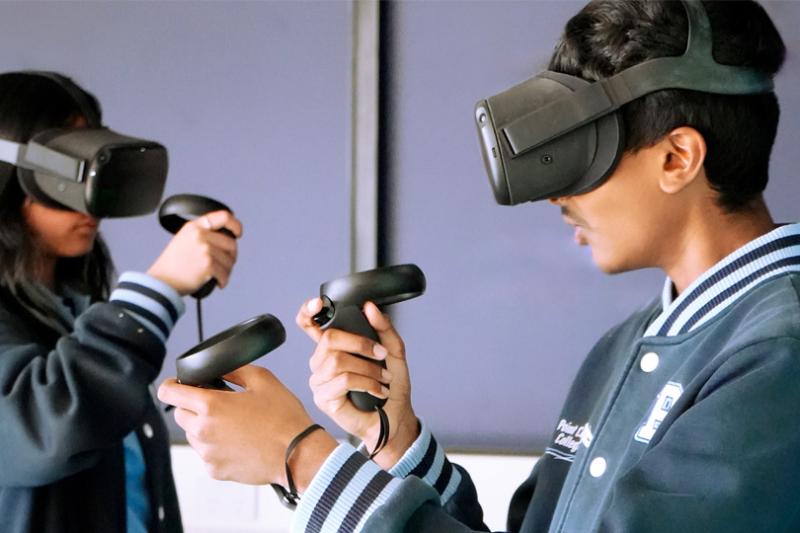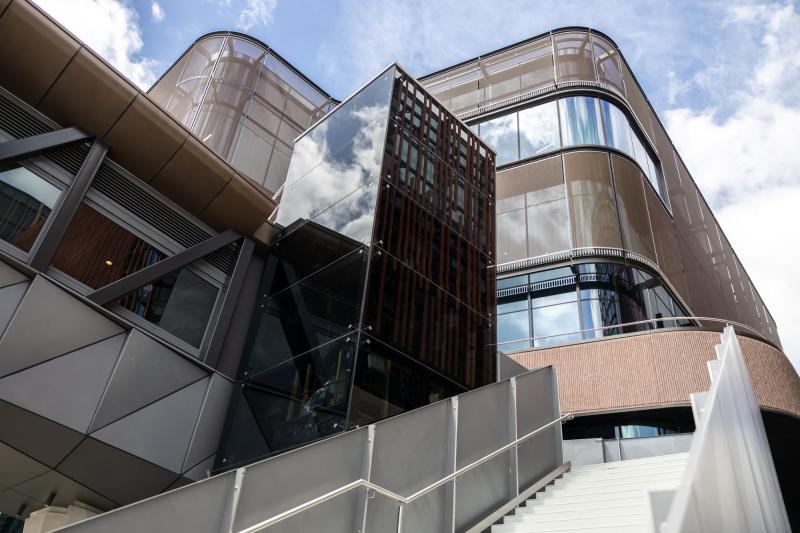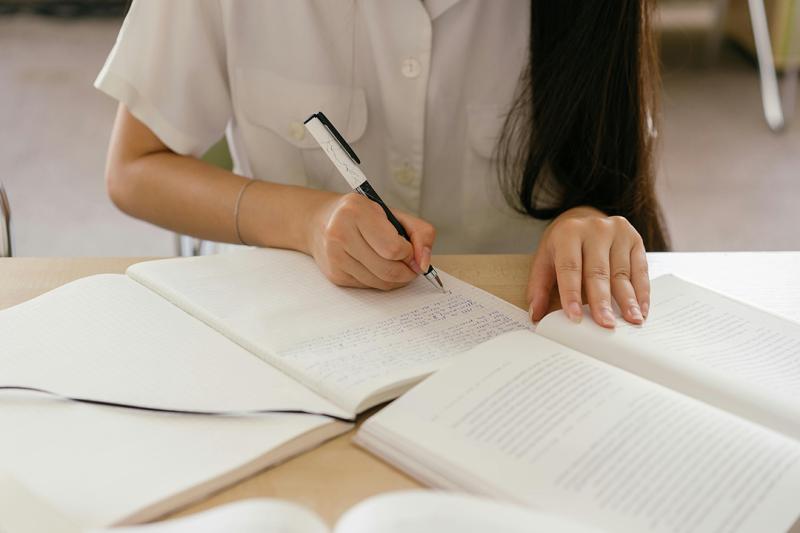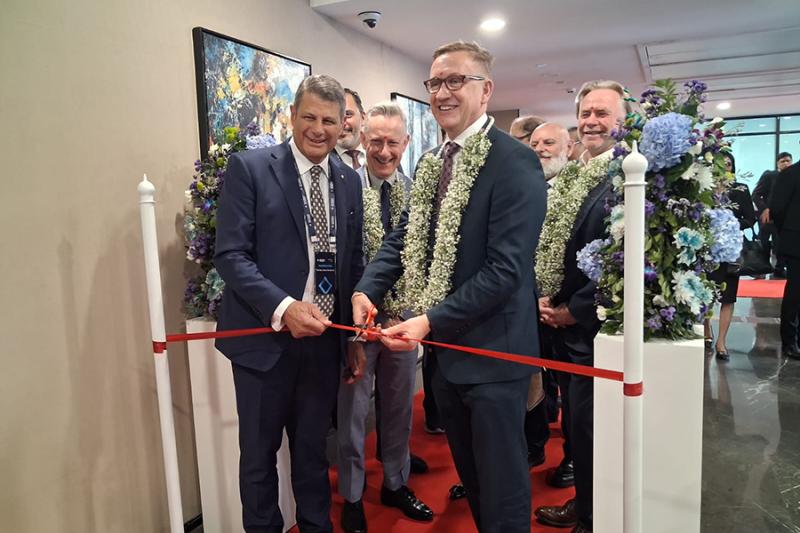First Nations research on trauma healing challenges systemic practices
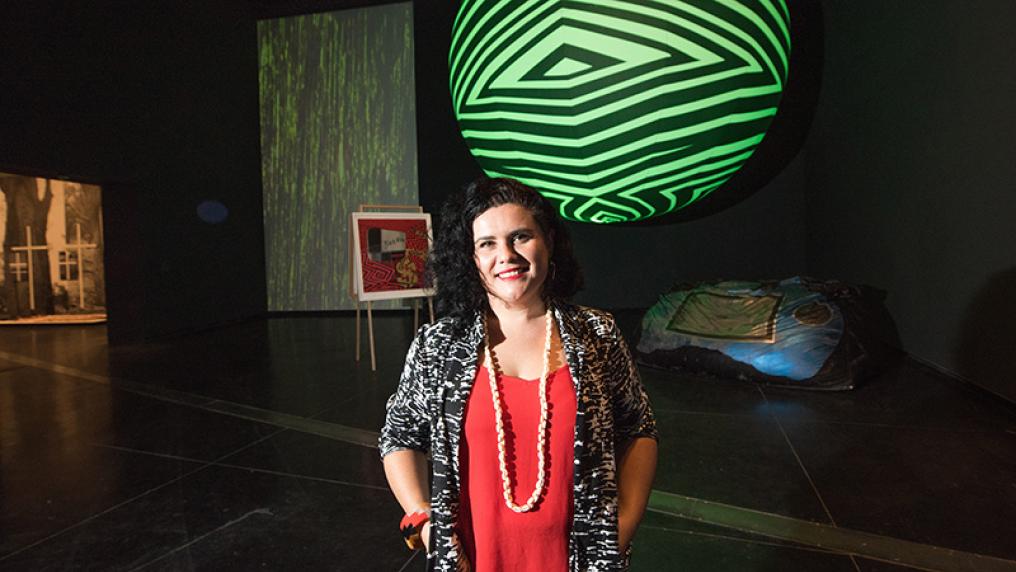
Victoria University’s (VU) Indigenous Academic Unit, Moondani Balluk, has delivered a program directly addressing the devastating impact Aboriginal women can experience when they encounter the child protection system.
The Blak Women’s Healing Project, led by a team of VU researchers from Moondani Balluk, including Executive Director Karen Jackson, Dr Paola Balla, Rowena Price and Lutfiye Ali, is a multi-phased initiative that engages with Indigenous knowledges, cultural art practice and storytelling. It aims to support the healing process among Aboriginal women through culturally informed and healing practices led by Aboriginal women.
Supported by the Australian Institute of Aboriginal and Torres Strait Islander Studies (AIATSIS) with first stages conducted in 2010 and then completed in 2023 and 2024, the project set out to understand and support Aboriginal women living in Melbourne’s west whose families had negative encounters with child protection services.
Fourteen women took part across different aspects of the the program, while four women (aged between 30 and 70) participated in the two-year program.
- Tanya * a Palawa woman with adult children and grandchildren who was taken away from her family at a young age and a ward of the state for 16 years.
- Susan* a Bunurong Wiradjuri woman who left home at an early age, raised by her godmother and now works in the health sector supporting Aboriginal families navigate the system.
- Hazel * a Gunditjmarra woman who has adult children and grandchildren, has experienced family violence and is advocating for her own safety and those of her grandchildren.
- Dilara* a Bunurong Wiradjuri woman who has two teenage children and is also Susan’s godmother. She took Susan in to keep her safe when she was young.
As detailed in the full research report, the project was delivered in two stages.
Stage One – culturally informed healing workshops
To bring together the experiences of impacted Aboriginal women, Dr Balla held a series of bush dyeing workshops to promote healing and encourage women to share their stories in a culturally safe environment.
“Because the bush dyeing process is a deliberate, careful, and thoughtful slow work, the women come into a present state of being and doing,” Dr Balla said.
After eight workshops, the four women were invited to participate in a group research yarn session around a fire-pit where they spoke about the benefits of the workshops and their encounters with child protective services.
“These women are constantly inspiring me. I always knew they held strength, wisdom and cultural practice - they only needed a space to see it in themselves,” Ms Jackson said.
Stage Two – informing policy & practice to stop ongoing harm
The aim of the second stage of the project was to translate the learnings from the women’s yarns into activities to bring about change to policy and practice.
Key themes emerged of systemic, harmful behaviours and attitudes experienced by the participants in their interactions with child services:
- Silencing
- Controlling (decontextualised) narratives
- (Mis)representation: Framing of Aboriginal Mothers as incapable
- Coercive practices
- Practice of surveillance
Impact is already underway with researchers from the project leading a number of workshops with child protection staff to educate and improve interaction with Aboriginal families.
In addition, curriculum changes for social work students studying at VU will be implemented later this year to reflect the learnings from the women.
The collective experiences of these women and their families inspired the Blak Women’s Healing art exhibition which is currently being held at Arts House.
*Pseudonyms.
Contact us
Gemma Williams
Media and Communications Manager, Research and Impact
+61 401 664 047 [email protected]